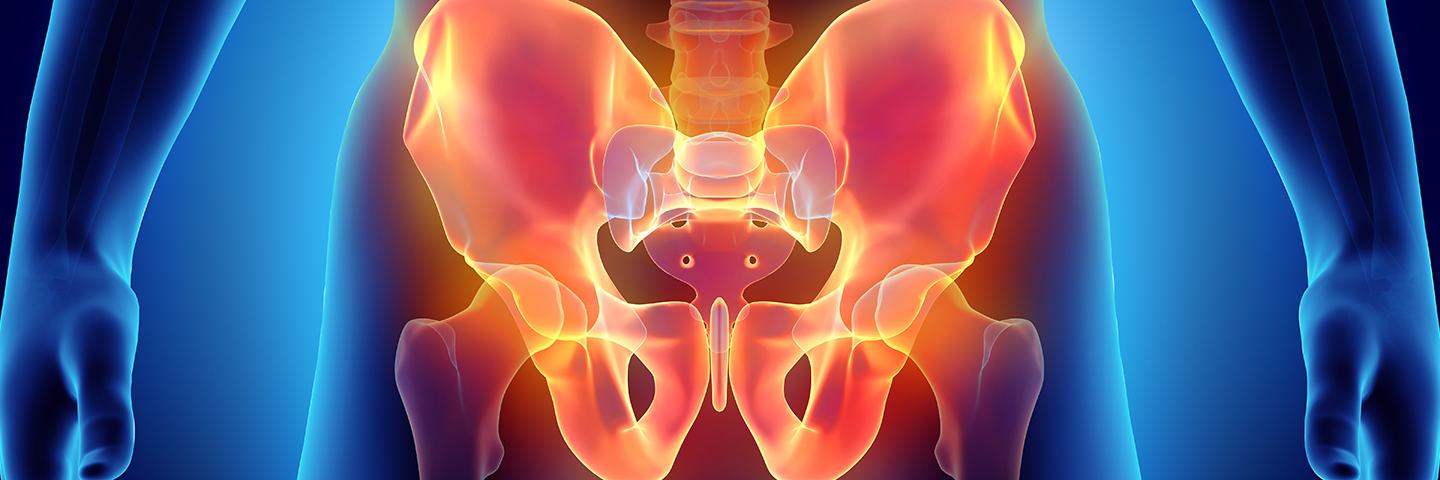
Physical Therapy for Pelvic Health
Physical Therapy Just for Women
Medication and surgery are not the only options for leaky bladders and painful sex.

Do you leak urine when you sneeze?
Do you feel pressure “down there”?
Is sex uncomfortable?
If you answered 'yes' to any of these questions, you aren’t alone. About one in four women have symptoms like these due to a group of conditions called pelvic floor disorders (PFD). Hunterdon Health offers specialized therapy to ease symptoms of PFD, without surgery or medication.
What is the pelvic floor?
A pelvic floor is a group of muscles, ligaments, and tissues that acts like a hammock. It holds up your bladder, uterus, bowels, and rectum. If it is too tight, it might hurt to have sex. If it is too weak—which can happen after you have a baby—the organs can fall downward and may push into the vaginal area. This can cause long-term pelvic pain, bowel problems, and a leaky or overactive bladder (incontinence).
“Physical therapy can help with these issues,” says Valerie Turner, PT, pelvic health specialist. “Incontinence, for example, is not a normal part of the aging process. It is a muscle issue and it is fixable.”
Your specific physical therapy routine may include massage, biofeedback, and exercises to relax or strengthen the pelvic floor. But it’s not as simple as doing Kegel exercises. They can be helpful for a weak pelvic floor but can make a tight one worse. That’s why the first step toward healing is to determine if your pelvic floor is too loose or too tight.
Statistics have shown that, on average, women wait seven years before telling a healthcare professional about their pelvic floor problems. “Perhaps they are embarrassed or afraid,” says Turner. “Many women believe they just have to live with their symptoms.”
Sessions are done in a private room and last one hour. Women with PFD usually attend once a week for about six to eight weeks, sometimes longer. Sessions are held at the physical therapy office at the Hunterdon Health & Wellness Center in Clinton and at Physical & Occupational Therapy at Wescott.
For more information or to schedule an appointment, call 908-735-3930.








